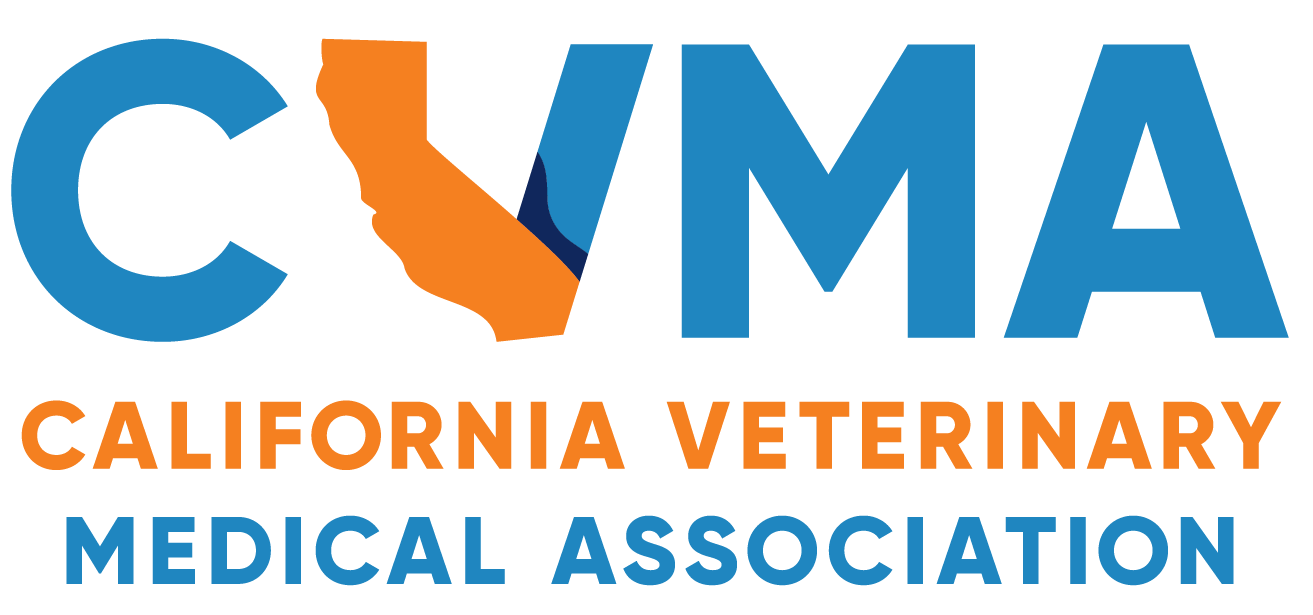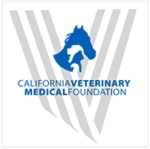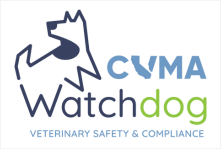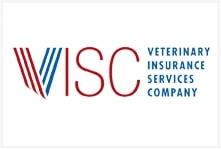This article was originally printed in the November/December 2023 issue of the California Veterinarian magazine.
 The California Veterinary Medical Board (CVMB) has authority under California Business and Professions Code section 4809.5 to inspect registered veterinary premises at any time. The CVMB inspection program’s goal is to inspect 20% of registered premises annually, which equals approximately 750 practices per year. In addition, the CVMB sets a goal to visit new veterinary premises within the first year of their initial registration. The following are common issues reported by CVMB inspectors and tips on how to avoid them.
The California Veterinary Medical Board (CVMB) has authority under California Business and Professions Code section 4809.5 to inspect registered veterinary premises at any time. The CVMB inspection program’s goal is to inspect 20% of registered premises annually, which equals approximately 750 practices per year. In addition, the CVMB sets a goal to visit new veterinary premises within the first year of their initial registration. The following are common issues reported by CVMB inspectors and tips on how to avoid them.
Expired pharmaceuticals and controlled substance disposal
Both regular and controlled expired or unwanted pharmaceuticals need to be properly separated, marked, and stored for disposal. They should be disposed of as soon as possible or on a regular contracted basis. Practices must show documentation indicating proper methods of disposal. Regular pharmaceuticals may be disposed of via a registered medical waste hauler or mail-back service, and proof of contract, receipt, or waybill may be used to demonstrate compliance. For controlled substances, a contract or DEA Form 222 from a Federal Drug Enforcement Administration (DEA)-approved reverse distributor or reverse distribution mailback service is adequate.
Veterinary Assistant Controlled Substance Permits (VACSP)
All unlicensed staff who obtain or administer controlled substances must have a VACSP issued by the CVMB. Staff who do not have access to the controlled substance cabinet and who do not prepare controlled substance medications may not need the permit, depending on how controlled substances are handled in the veterinary practice. Veterinarians and RVTs are licensed and therefore are exempt from the permit requirement. Visit the BreEZe online system at vmb.ca.gov to apply for a permit.
Controlled substance storage and related drug logs
Only licensed or VACSP staff may have access to the controlled substance storage unit. The storage unit should be locked when not in use. Both the Dispensation and Biennial Inventory logs must contain all information required by the DEA. Sample DEA log forms can be found in the “Licensee” section at vmb.ca.gov.
Separate surgery room requirements
Only items related to sterile surgical procedures should be stored in the surgery room. Surgery preparation materials should not be stored in the surgery room. Shelving must be enclosed (with doors), sink drains must be permanently sealed, and any windows must be closed. Window coverings are allowed if they are clean and able to be disinfected. Doors to the surgery room should remain closed at all times. Except for cases in which the size of the animal patient prevents entry into the surgery room from the interior of the premises, no doors should lead outside the hospital.
Contagious facilities
If a practice does not have a dedicated isolation area, a plan and protocol to prevent the spread of infectious disease is needed, regardless of whether the practice treats suspected contagious animals. A written statement that the practice does not treat contagious animals is not adequate.
Records
Records must contain all information set forth in California Code of Regulations, Title 16, Section 2032.3. Records must be legible. Illegible records can lead to serious consequences during CVMB investigations or enforcement actions.
Title 17 posting
All practices with radiation-producing machines must post Title 17 of the California Code of Regulations in the vicinity of the machine or a notice near the machine indicating where Title 17 can be accessed for review. RHB 2364, Notice to Employees, does not meet the requirement. To obtain a copy of Title 17, visit the “Licensee” section of vmb.ca.gov.
Controlled Substance Utilization Review and Evaluation System (CURES) registration for all veterinarians
All veterinarians licensed to practice in California who have a DEA registration number must register for access to CURES, regardless of whether they dispense controlled substances to patients. To register for access to CURES, go to cures.doj.ca.gov.
Notice of ‘No Staff on Premises’
A notice is required in the reception area for practices housing animals overnight with no staff on the premises. A notice that meets the requirement may be purchased at cvma.net in the “Products” section found under the Resources tab.
Anesthetic equipment maintenance
Regulations require that anesthetic equipment used in the practice be functional and available at all times. To comply with this requirement, the CVMB needs proof that the equipment is being maintained in accordance with manufacturer recommendations. Hoses should be regularly inspected, cleaned, and changed if needed. CO2 absorbent and waste anesthetic gas canisters should be changed as needed. Proof of vaporizer calibration will be requested by the CVMB inspector. Many practices will opt to use a professional service to inspect, calibrate, and service anesthesia machines. Service providers will leave documentation that can be shown to the CVMB as proof of compliance.
Licenses/permits not displayed
The most common issue with this requirement is that the license posted is not current. All posted veterinarian and RVT licenses, premises permits, and VACSPs must be current, unaltered originals. The personal addresses of licensees may be covered but must be viewable during an inspection. Some practices utilize a removable adhesive strip to cover the addresses. Relief veterinarians may carry their wallet license for compliance purposes.
To assist veterinary practices in complying with minimum standards, the CVMB recently published an updated Hospital Self-Evaluation Checklist that can be downloaded and printed from the “Licensee” section at vmb.ca.gov.
Anesthetic gas safety and compliance is important for the safety of both patients and veterinary practice staff. Meeting minimum regulatory standards will also reduce the likelihood of a workplace violation while ensuring adequate protections are in place.
This article is for informational and general educational purposes only. It is not intended to take the place of legal advice, nor should it be considered as a legal interpretation. Although significant effort has been made to ensure the accuracy and completeness of the information at the time of publication, the CVMA shall not be responsible for any errors or omissions, or any agency’s interpretation, application, or enforcement of the information presented herein.







 The California Veterinary Medical Board (CVMB) has authority under California Business and Professions Code section 4809.5 to inspect registered veterinary premises at any time. The CVMB inspection program’s goal is to inspect 20% of registered premises annually, which equals approximately 750 practices per year. In addition, the CVMB sets a goal to visit new veterinary premises within the first year of their initial registration. The following are common issues reported by CVMB inspectors and tips on how to avoid them.
The California Veterinary Medical Board (CVMB) has authority under California Business and Professions Code section 4809.5 to inspect registered veterinary premises at any time. The CVMB inspection program’s goal is to inspect 20% of registered premises annually, which equals approximately 750 practices per year. In addition, the CVMB sets a goal to visit new veterinary premises within the first year of their initial registration. The following are common issues reported by CVMB inspectors and tips on how to avoid them.